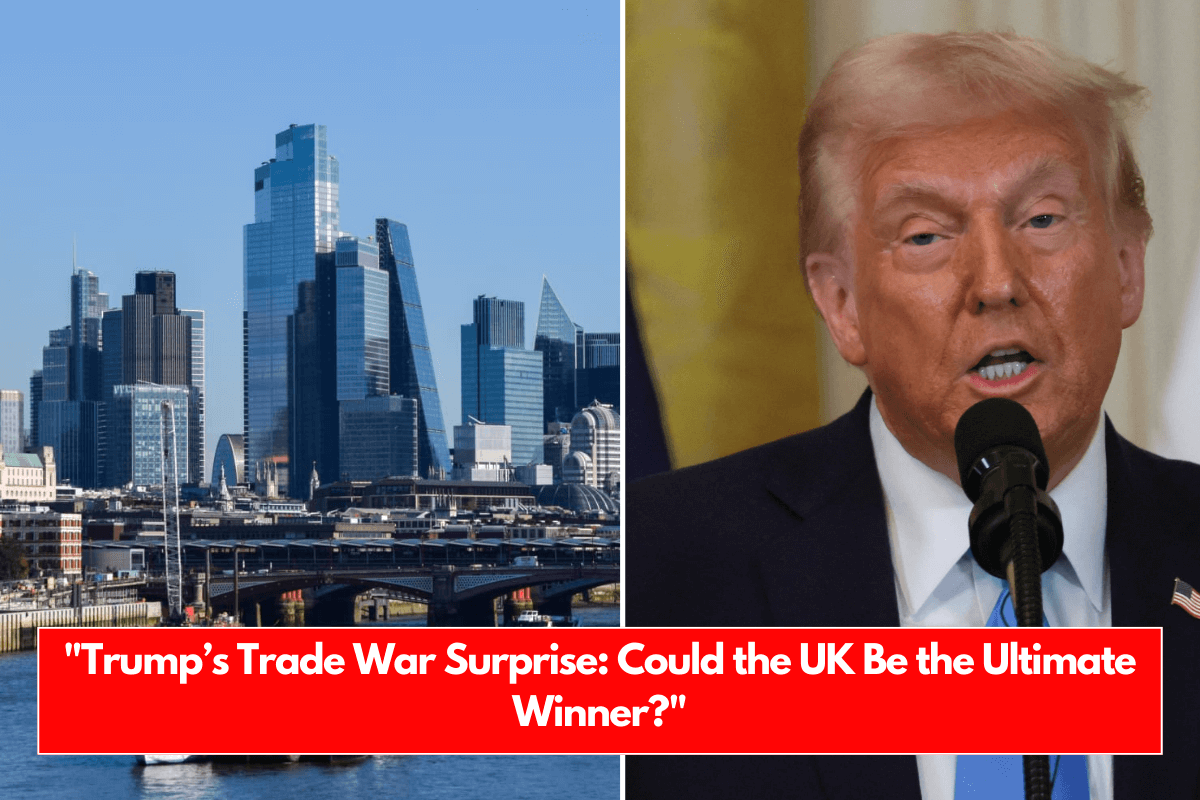President Donald Trump’s new round of import tariffs on Mexico, Canada, China, and potentially the EU has sent shockwaves through global markets. However, for the U.K., the impact may be less severe — or even beneficial — if Britain can avoid the harshest of the tariffs.
Analysts argue that the U.K.’s service-heavy economy and balanced trade relationship with the U.S. could shield it from the worst effects and open doors to new trade opportunities.
Overview of Trump’s Tariff Strategy
Who’s Facing Tariffs?
- Mexico & Canada: Tariffs of 25% paused for 30 days following agreements to address opioid fentanyl smuggling.
- China: 10% tariffs imposed, with China retaliating with tariffs of up to 15% on American goods.
- EU: Trump confirmed that tariffs on the EU are “definitely happening,” though he suggested a potential deal could be worked out with the U.K.
Why the U.K. May Be Spared
The U.K. is in a unique position as its trade with the U.S. is relatively balanced, with minimal deficits. Trump, who views trade imbalances unfavorably, indicated that this trade relationship is less problematic and could lead to more favorable outcomes for Britain.
Limited Impact on the U.K. Economy
Shielded by a Service-Based Economy
The U.K. is heavily reliant on exports of services like financial services, insurance, and consultancy, which are less affected by tariffs compared to goods-based industries.
- Services Exports: The U.K.’s biggest exports to the U.S. are financial services and insurance, totaling £109.6 billion ($136 billion).
- Goods Exports: Key exports such as cars, pharmaceuticals, and aircraft are worth £25.6 billion ($31.8 billion), making up a smaller portion of trade compared to services.
Expert View: Irina Surdu-Nardella of Warwick Business School says the service-oriented nature of the U.K. economy protects it from the complex supply chain disruptions that often result from tariffs.
Opportunities for the U.K. Amid the Trade War
Tariff-Free Advantage
If the U.K. manages to avoid U.S. tariffs, analysts suggest it could become a safe haven for businesses seeking cost-effective trading hubs.
- Increased Investment: Neri Karra Sillaman of Oxford’s Said Business School believes tariff-free status could help attract investments in key sectors like luxury goods, pharmaceuticals, and advanced manufacturing.
- Gateway for Trade: The U.K. could position itself as a gateway for EU products trying to bypass U.S. tariffs.
Automotive and Aerospace Growth
American buyers could turn to British suppliers for automotive and aerospace needs if EU suppliers face tariffs, creating new demand for U.K. industries.
Currency and Financial Market Impacts
- Pound Strengthens: The British pound has risen against currencies like the euro, Canadian dollar, and others following Trump’s tariff announcements.
- Safe Haven Currency: Alex King, founder of Generation Money, argues that the U.K. could benefit from capital inflows as investors seek stability amid trade uncertainty.
Risks and Challenges
Despite potential benefits, risks remain if the U.K. does get caught in the tariff crossfire.
- Goods Exports Vulnerability: Tariffs on U.K. goods exports like cars and pharmaceuticals could disrupt trade flows and harm manufacturers.
- Sluggish Economy: With Britain’s economy already struggling, further trade disruptions could exacerbate slow growth.
Trump’s tariff policies pose risks to the global economy, but the U.K. may be uniquely positioned to turn these challenges into opportunities. Its balanced trade relationship with the U.S., service-based economy, and potential to act as a tariff-free hub could give it an edge.
However, the outcome will depend on whether Britain can successfully negotiate favorable trade terms and avoid getting caught in broader tariff disputes.
